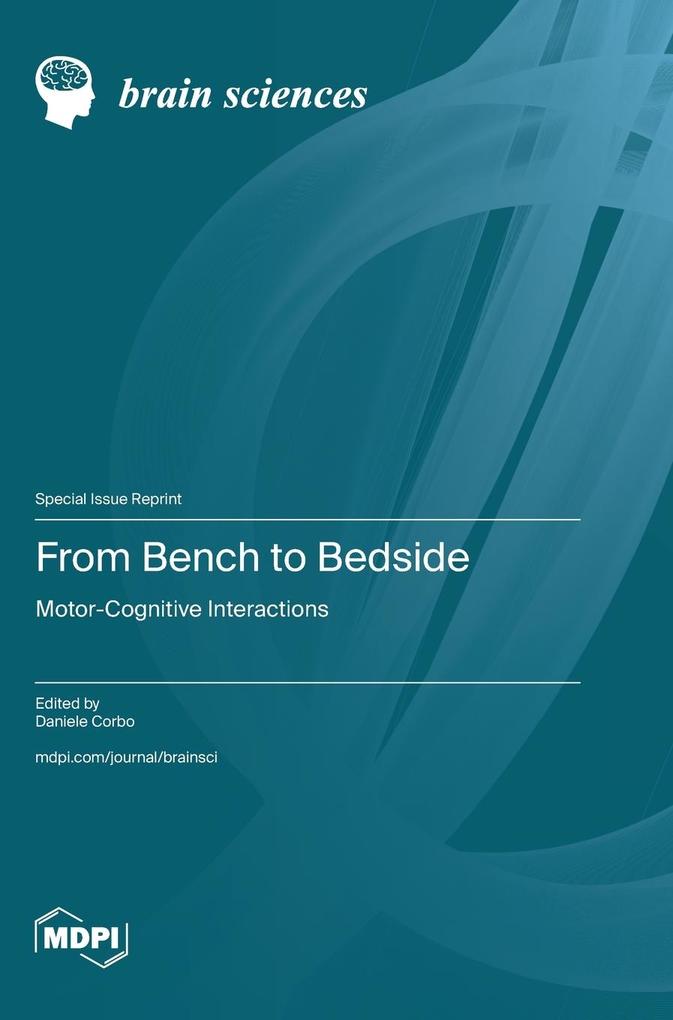
Zustellung: Do, 03.07. - Mo, 07.07.
Versand in 7 Tagen
VersandkostenfreiBestellen & in Filiale abholen:
Motor and cognitive impairments are commonly examined independently of each other, but the understanding of task-dependent interaction between cognitive and motor systems, each with distinct neuroanatomic substrates, has highlighted an interaction between them. There is increasing evidence on the impact of the motor and cognitive interaction in neurodegenerative disorders and other clinical populations such as dementia, stroke, Parkinson's disease, and multiple sclerosis. Therefore, great effort has been dedicated to developing rehabilitative strategies targeting motor-cognitive interactions to improve conditions in these diseases. This Special Issue of Brain Sciences covers the latest advances in the understanding of key mechanisms of motor-cognitive interactions and related innovative treatments.
Produktdetails
Erscheinungsdatum
15. April 2025
Sprache
englisch
Seitenanzahl
236
Verlag/Hersteller
Produktart
gebunden
Gewicht
790 g
Größe (L/B/H)
250/175/20 mm
ISBN
9783725837021
Entdecken Sie mehr
Bewertungen
0 Bewertungen
Es wurden noch keine Bewertungen abgegeben. Schreiben Sie die erste Bewertung zu "From Bench to Bedside" und helfen Sie damit anderen bei der Kaufentscheidung.









